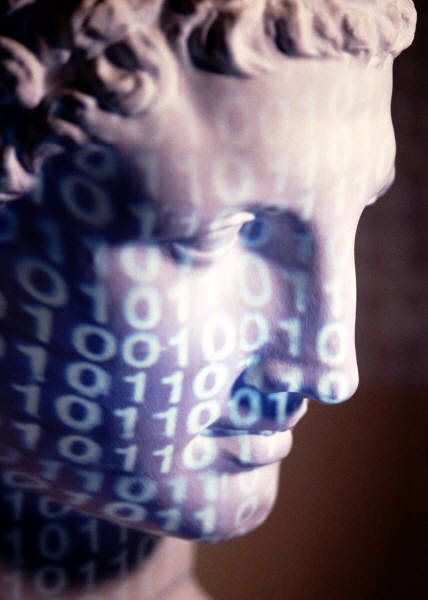Why do the Rich & Powerful Get a Free Lunch from Our Government While We Pick up the Check?
I just finished reading Free Lunch. Have you heard David Cay Johnston these days on a few programs --like PBS (on Moyers Journal) & NPR--talking about the many ways that the profits go to individuals while the risk is socialized? His new book, Free Lunch, is a must-read. He writes in plain language and provides many examples of how the system is being fixed to serve those who have power and money. Another self-identified Republican, Kevin Phillips, has written extensively about the "game" that's being played here. His book, Wealth and Democracy: A Political History of the American Rich is an excellent source to understanding how things work when (if) someone wants to know what it means to be rich in America.
 Only 11% of US taxpayers make more than $100,000 a year, yet, there's this popular myth of upward economic mobility. The best predictor of one's financial situation is his/her parents. The vast economic center of American society has seen very small steps of financial improvement, while the poor have been worse off, and the very rich have entered a new Gilded Age. Most people will never make that much. Who, nowadays, has the power to make the government spend money to help the very rich? To maintain a system that shrinking the government and cutting services means having an adverse impact on the vast majority of Americans who depend & need those services from their own government? Robert Reich [former Labor Secretary] has made a very important observation: Unless the system allows the people to practice citizenship, then you can kiss democracy good-bye.
Only 11% of US taxpayers make more than $100,000 a year, yet, there's this popular myth of upward economic mobility. The best predictor of one's financial situation is his/her parents. The vast economic center of American society has seen very small steps of financial improvement, while the poor have been worse off, and the very rich have entered a new Gilded Age. Most people will never make that much. Who, nowadays, has the power to make the government spend money to help the very rich? To maintain a system that shrinking the government and cutting services means having an adverse impact on the vast majority of Americans who depend & need those services from their own government? Robert Reich [former Labor Secretary] has made a very important observation: Unless the system allows the people to practice citizenship, then you can kiss democracy good-bye.There are lots of problems with the government. I've spent my life exposing all sorts of problems with government. But government is fundamentally essential. Government is what creates for us civilization. We created this country so that we could be free, so that we could pursue our lives the way that we want to pursue them. And wealth is a byproduct of that. But the government is being turned into a vehicle not to ensure our liberties and create a level playing field but instead into a vehicle to take from the many to enrich the few. David Cay Johnston
Representative government is a cornerstone of democracy. The debate among the conservatives and the progressives has been centered on the role of the government. Is it our government's role to: 1. Protect, and, 2. To empower? If so, then the next question is, who should be protected and empowered? Those who need it the most or those who only need government to keep the game fixed?

















